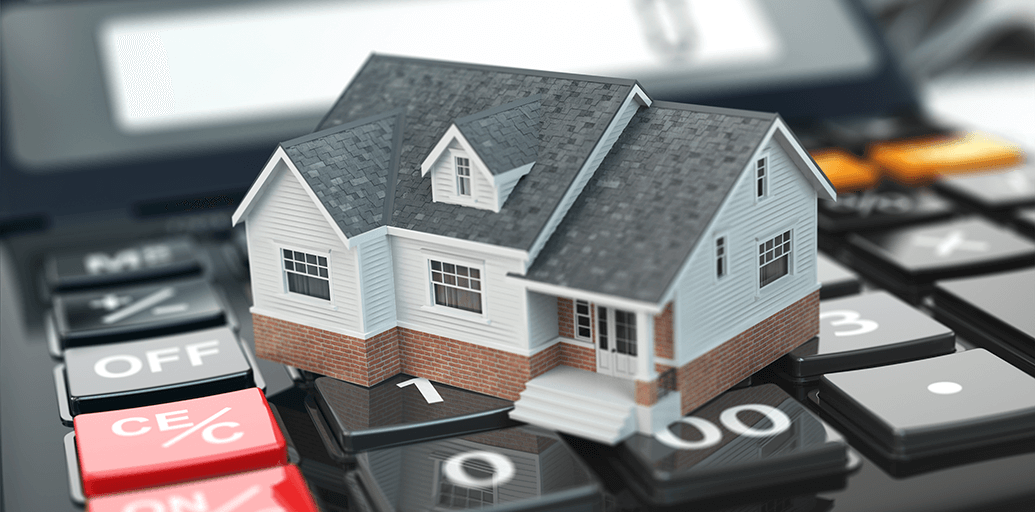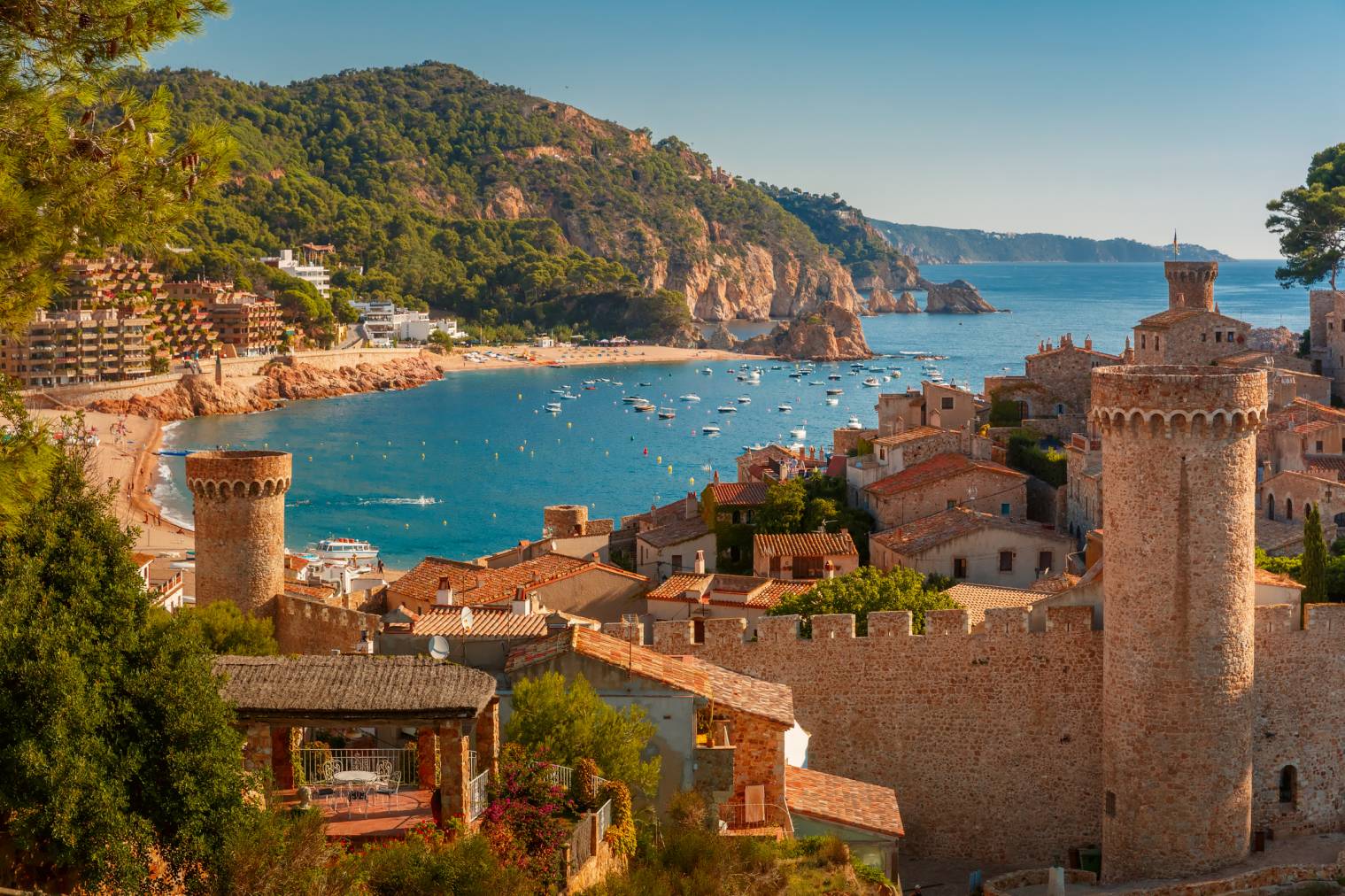Taxation of real estate in Spain

Real estate investment in Spain is attracting more and more Europeans because of its many advantages. The prices are still very attractive, and you will be able to enjoy good profitability if you make the best decisions. We will explain here the concepts of property taxation in the Spanish market to help you better plan your investment project.
IRPF, personal income tax in Spain
Taxation in Spain depends on the geographical location, but also on the status of the investor. Even if you are not a property owner, being a resident in Spain obliges you to pay IRPF (Impuesto sobre la Renta de las Personas Fisicas). You will be considered a resident if you find yourself in one of the following situations:
- You live in Spain for more than 183 days in a calendar year;
- Your economic or professional activities have their main centre based in Spain ;
- Your spouse and minor children who depend on you are habitually resident in Spain.
Income tax is deducted at source for employees and is regularised at the time of the annual declaration.
The Spanish State requires the payment of a tax advance on a quarterly basis for auto entrepreneurs. You would have to pay 20% of your net income, an advance which is regularised during the annual declaration. You will also have to declare and pay the VAT differential, calculated from the VAT invoiced and the VAT collected.
It should be noted that the taxable bases for income tax purposes may vary according to each person's personal and family characteristics. You may have to pay between 19% and 45% of your income.
It should also be remembered that some tenants in Spain are subject to rental contracts obliging them to pay the property tax known as IBI. Often these fees vary between 400 and 1000 euros.

Taxation on your property purchase in Spain
The tax costs associated with the purchase of property in Spain vary according to the nature of the purchase, whether new or old, its geographical location and the amount of the purchase.
New property investment
In Spain, new-build property is defined by two types of tax: IVA (VAT) and AJD. The VAT applied to the purchase of a new property in Spain is 10% throughout the country except in the Canary Islands where it is 6.5%.
The AJD or IAJD represents the tax on documented legal acts (Impuesto sobre Actos Juridicos Documentados). The rate applied varies according to the Autonomous Communities :
- Basque Country 0% ;
- Andalusia, Catalonia, in the Valencian Community 1.5% ;
- Canary Islands 0.4% ;
- Community of Madrid 0.7% ;
- Balearic Islands 1.2%.
Where the new property is owned by a bank which has bought it with a developer, the property is not subject to VAT, but rather to ITP. And when the property has more than two garage spaces, the VAT on the purchase of garages increases from 10% to 21%.
Property investment in the old
In 2019, 81% of real estate transactions in Spain were in old buildings. The latter is subject to property transfer tax (ITP for Impuesto de Transmisiones Patrimoniales). The common rate of ITP varies according to the Spanish regions and is between 4 and 11% on the value of the purchase. In some Autonomous Regions, the ITP rate may also be reduced to take into account the value of the purchase, the age or the income of the buyer. You can therefore benefit from more attractive tax rates if you wish to invest in Roses rather than Plava De Aro and Lloret de Mar. For exact information, you should refer to the legislation of your Autonomous Community in relation to the ITP.
Taxation after the purchase of your property in Spain
Whether or not you are a Spanish resident, the purchase of a property makes you liable for several taxes on an annual basis.
The IBI (Impuesto sobre Bienes Inmuebles) is the Spanish equivalent of property tax. It is less than 1000 euros per year for properties with a value of less than 300,000 euros. This tax rarely exceeds 2,000 euros per year, regardless of the situation of the property.
The Wealth Tax (IP) is only applicable to households with a minimum wealth of 700,000 euros, or 1 million euros in the case of a principal residence. Several Autonomous Communities offer tax reductions on this tax. In Madrid, for example, the reduction is 100%, i.e. 0 euros of wealth tax. While in the Canary Islands you will spend 200 euros on a total asset of 800,000 euros.

Taxation of rental income in Spain
Taxes on rental income depend on the type of rental. For a classic long-term rental (5 years), you can deduct expenses such as major works, renovation, IBI property tax, insurance, co-ownership charges, etc. from your gross rental income. The net income obtained can then benefit from an allowance of 60% when the owner resides in Spain.
As far as your annual tax return is concerned, Spanish residents must submit their net rental income after deduction in the Personal Income Tax Return (IRPF). For non-residents, this will be the Non-Resident Income Tax (IRNR), with a 19% tax on net rental income for EU residents (plus Iceland and Norway) and 24% for non-EU residents.
As far as temporary rentals are concerned, the owner, even if a resident, does not benefit from the 60% discount. Taxes are applied to net rental income, i.e. the rent from which fees and charges are deducted over the rental period for residents in the European Union (plus Iceland and Norway) and in full for others.
There is also the taxation of tourist rentals whose income must be declared when drawing up the PIT for residents. You will then be taxed at 19%. Non-residents have to declare on a quarterly basis, with a tax rate of 24%.
Taxation on the resale of your property and inheritance tax
When you decide to resell your property, there is a different tax system that applies. This is the national tax on property capital gains called Plusvalia de Hacienda. The rate varies from 19% to 23% depending on the amount of the capital gain. It should be noted that several other modalities come into play depending on the type of residence, the age of the owner, etc. Depending on the location, you will also pay the municipal tax on the capital gain called Plusvalia municipal.
As for inheritance tax, the rate applied and the tax deductions vary widely, but do not exceed 35%. They depend on the place of residence of the heir, the parental link with the deceased, the community of residence, etc.
Please complete the form by clicking below and our advisers will get back to you as soon as possible to discuss your project.
You can also contact us at +34 872 268 850








